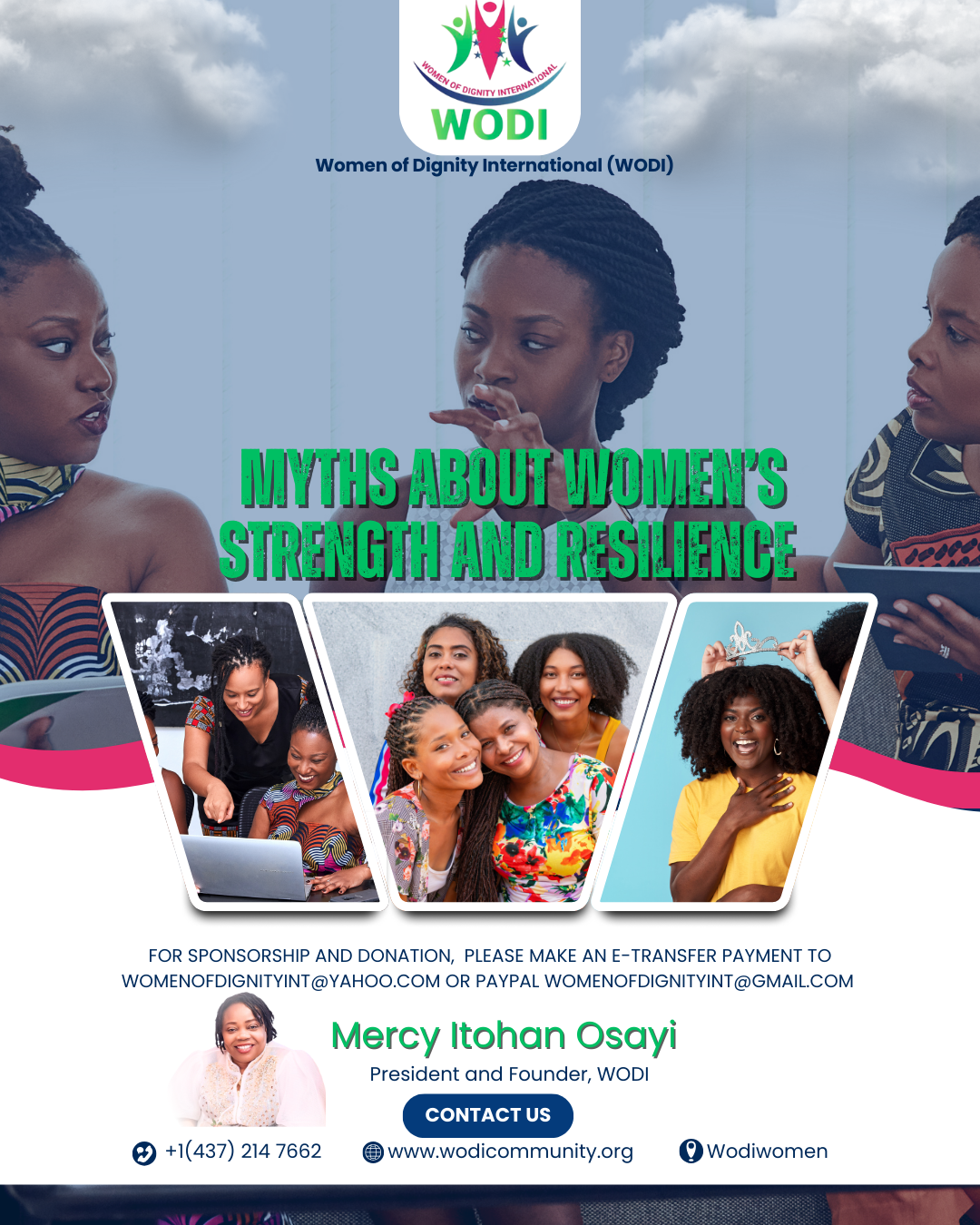Myths About Women’s Strength and Resilience

Myths About Women’s Strength and Resilience
Women have long been celebrated for their strength and resilience, yet various myths persist that undermine their capabilities and contributions. These misconceptions can shape societal attitudes and influence opportunities for women in various aspects of life, from personal relationships to professional environments. It is essential to challenge these myths to foster a more equitable understanding of women's roles and experiences.
▎Myth 1: Women Are Naturally Weaker Than Men
One of the most pervasive myths is that women are inherently weaker than men, particularly in physical strength. This belief overlooks the fact that strength manifests in many forms—physical, emotional, and mental. Women have excelled in sports, military service, and physically demanding professions, proving that physical capability is not determined by gender. Moreover, emotional strength is often more critical than physical prowess in overcoming challenges.
▎Myth 2: Women Are Too Emotional to Be Resilient
The stereotype that women are overly emotional can lead to the misconception that they lack resilience. In reality, emotional intelligence is a vital component of resilience. Women often navigate complex emotional landscapes, using their feelings to build strong relationships and support networks. This ability to connect with others not only fosters resilience but also creates communities that can collectively overcome adversity.
▎Myth 3: Women Need Protection
The notion that women require protection reinforces traditional gender roles and diminishes their autonomy. While support is important, many women have shown remarkable courage and leadership in various contexts, from grassroots activism to corporate leadership. This myth undermines women's capabilities to advocate for themselves and others, perpetuating the idea that they are not capable of standing strong independently.
▎Myth 4: Resilience Means Always Being Strong
Resilience is often misunderstood as an unwavering state of strength. In truth, it encompasses the ability to acknowledge vulnerability and seek help when needed. Women can be resilient while experiencing setbacks or asking for support, demonstrating that true strength lies in recognizing one’s limits and finding ways to recover and grow.
▎Myth 5: Women's Resilience Is Instinctual
Another common myth is that women's resilience is an innate trait. In reality, resilience is developed through experiences, education, and social support systems. Women often cultivate their strength through challenges, learning from adversity and building coping mechanisms. Empowering women through resources and community support enhances their resilience and ability to thrive.
▎Myth 6: Women Are Less Committed to Their Careers
The stereotype that women are less committed to their careers due to family obligations overlooks the reality that many women juggle multiple responsibilities. While societal expectations may place additional burdens on women, countless women demonstrate exceptional dedication to their careers while balancing personal lives. Their commitment can be profound, often requiring them to navigate systemic barriers in the workplace.
▎Myth 7: Women’s Strength Is Only Relevant in Family Settings
While many women exhibit strength within familial roles, their contributions extend far beyond the home. Women are leaders in various fields—business, politics, science, and social justice—demonstrating resilience in diverse environments. Their influence shapes communities and drives progress across multiple sectors.
▎Myth 8: Women Don’t Support Each Other
The stereotype of women as being competitive or unsupportive is misleading. In reality, many women actively uplift one another through mentorship, collaboration, and community-building efforts. This solidarity fosters resilience among peers and creates environments where women can thrive together.
▎Conclusion
Challenging these myths about women's strength and resilience is crucial for fostering a more equitable society. By recognizing the diverse experiences and contributions of women, we can create an environment that empowers all individuals to thrive. Understanding that strength comes in many forms allows us to appreciate the complexities of women's lives and the incredible resilience they embody in the face of adversity.
